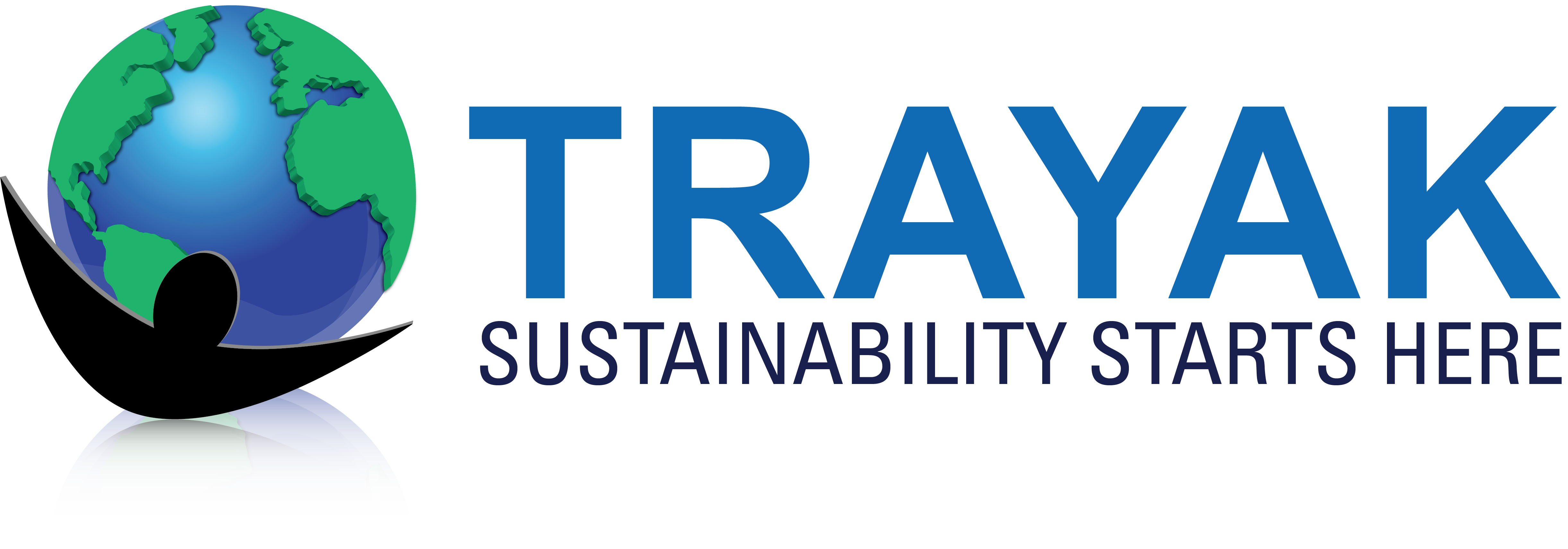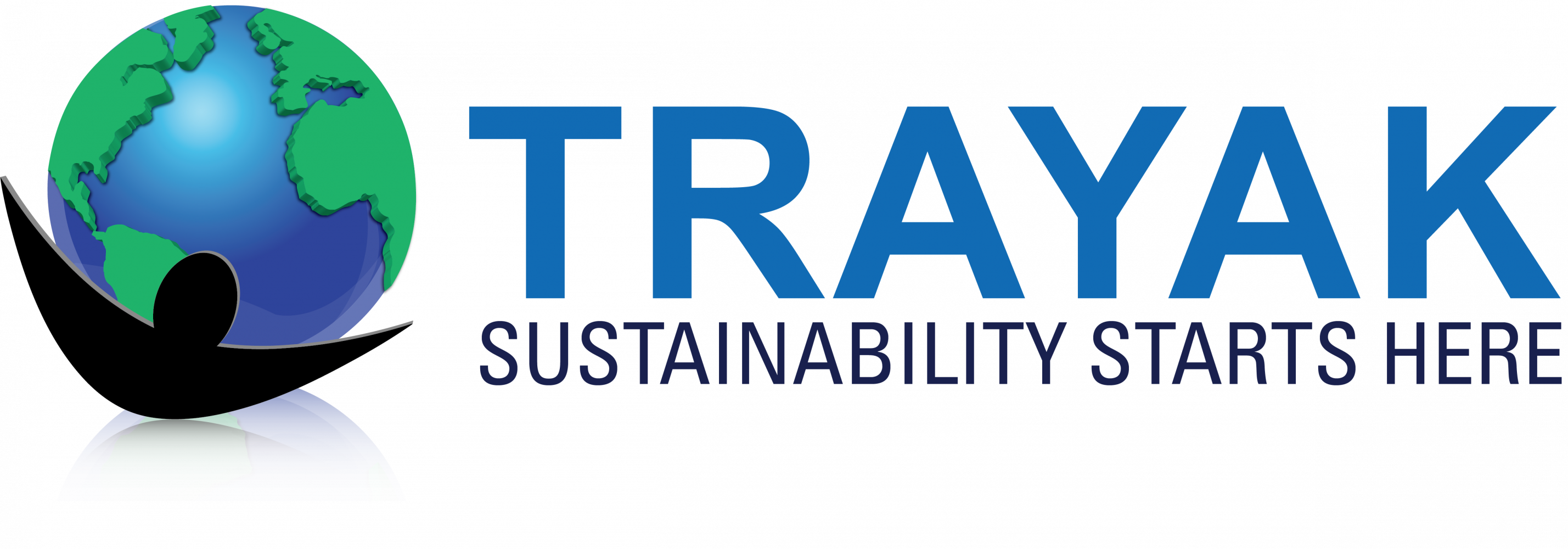Countless companies have created sustainability goals in the past few years such as lowering water consumption, increasing recycled content within packaging, and reducing greenhouse gas (GHG) emissions. Few companies have been as ambitious as Walmart announcing a goal to reduce greenhouse gas emissions by one gigaton in their supply chain by 2030. This is equivalent to removing the annual emissions of Germany, the world’s fourth-largest economy, from the atmosphere.
Walmart has pinpointed energy, agriculture, waste, packaging, deforestation, and product use and design as key areas to focus efforts. Walmart’s suppliers are encouraged to join Project Gigaton by selecting at least one of the 6 target areas or a custom emission target and creating a specific goal which will be reported to Walmart annually. According to Sustainable Brands, the goals should be aligned with science, empower employees, and send a firm signal to suppliers while working toward measurable targets.
As a supplier, it can be difficult to know how to work toward a monumental project such as removing 1 billion tons of GHG emissions from the atmosphere, but Project Gigaton is supported through various sustainability toolkits created to provide companies resources to reduce GHG emissions through the entire supply chain.
Adam Gendell of GreenBlue asserts “It needs to be recognized that packaging is consequential to the carbon footprint of a packaged product, and improvements to the carbon footprint of packaging can be meaningful in the context of an overarching corporate goal.”
The packaging focus area is broken down into 3 priorities: optimize design, source sustainably, and support recycling.
Trayak’s COMPASS software is listed as a resource in Walmart’s Sustainable Packaging Playbook for packaging suppliers to evaluate tradeoffs while optimizing package designs for sustainability in the early design phase. The industry standard tool measures packaging performance using life cycle assessment and provides environmental impacts such as water use, Greenhouse Gas Emissions (Carbon Footprint), and Fossil Fuel Consumption.
COMPASS allows for comparison of multiple packaging materials, formats, and systems with instant environmental feedback that can be used to optimize design for sustainability. The tool is critical to saving time, resources, and energy before pursuing a new design which could worsen the sustainability of a product. The COMPASS tool, developed by the Sustainable Packaging Coalition, allows packaging development teams to quickly evaluate a new design, identify hotspots for improvement, and track progress towards sustainability goals.
A new SCORE module also allows for tracking of custom metrics such as cost, recycled content, cube utilization, packaging to product weight, and packaging recovery rate.
Using COMPASS can provide an easy to use, adaptable way for suppliers to become a part of Project Gigaton.

